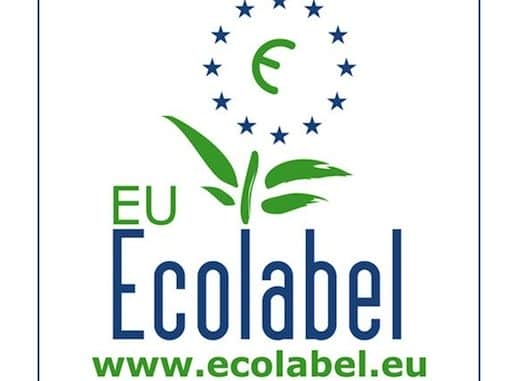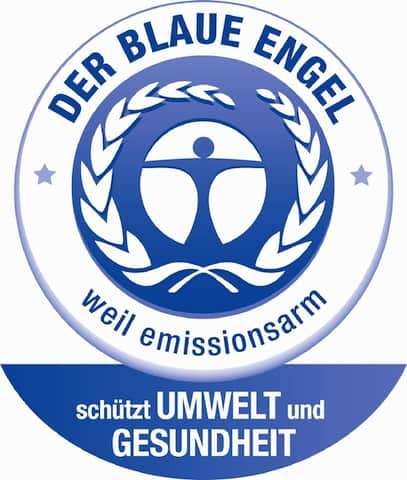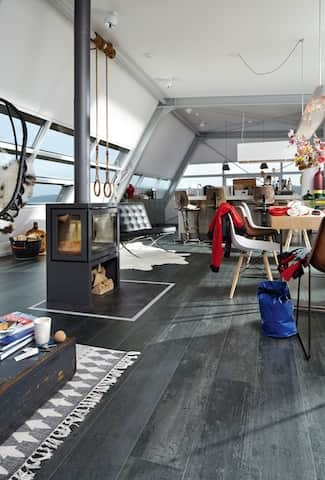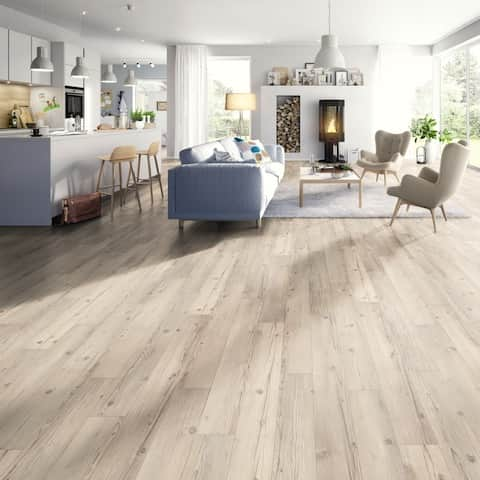
Laminate flooring manufactured in Europe is top of the league when it comes to floor coverings that use clean production methods and create a healthy living environment. Evidence for this can be found in the recognised EPDs (Environmental Product Declarations) relating to these products. In addition to CE marking, a scheme stipulated throughout the EU and applicable in principle to all construction products coming onto the European market, flooring manufacturers can voluntarily apply for extra national or international environmental certification and approval marks for their products. Looking to the future, one particular ecolabel that is expected to gain significance in the flooring sector is the revised version of the “EU Ecolabel for wood-, cork- and bamboo-based floor coverings”, which came into effect at the end of January 2017 and which naturally includes laminate flooring.

Ecolabels are intended to guide consumers in their purchasing decision by providing reliable and trustworthy information concerning a product’s impact on the environment and health. Recognised labels indicate independently-tested product quality together with proof of environmentally-sound and sustainable manufacturing. Forest certification schemes such as the FSC trademark (wood/wood products resulting from exemplary forest management) or the PEFC mark (raw materials from sustainable forest management) play an important role around the world.
The Blue Angel (“Der blaue Engel”) has made a name for itself among consumers as a quality label for low-emission products in many product categories, particularly in the German-speaking area, and has become a brand of its own. Around the world, it is known as the first and therefore oldest ecolabel for communicating products that are especially kind to the environment when seen against comparable products. Introduced in Germany in 1978, the Blue Angel ecolabel was initiated by the federal government and became successfully established on the German market. Over the decades, its significance has reached beyond the region where it originally started. Before a product is awarded the ecolabel, its entire life cycle is taken into consideration. Products awarded the Blue Angel must comply with a list of criteria which incorporates as many relevant aspects of environmental and health protection as possible.
The EU Ecolabel, likewise a voluntary scheme and known also as the “EU Flower”, was set up by the European Commission and officially introduced in 1992 by means of EU regulation EC 880/92. It is recognised in all 28 EU member states as an ecolabel covering a range of product categories, as well as in Iceland, Norway, Switzerland and Turkey. As with the Blue Angel, the EU Ecolabel is awarded to goods and services that, throughout their entire life cycle, have a lower impact on the environment than comparable and conventional products or services. The EU Commission views the label as a recommendation for European consumers to purchase in such a way that a reduction in environmental pollution is achieved in the long term in as many areas of life as possible. The new version of the “EU Ecolabel for wood-, cork- and bamboo-based floor coverings” came into effect at the end of January 2017 and is valid until the beginning of February 2023. Experts from the EPLF were among those involved in the complex technical preparation work. The list of criteria has been reviewed and amended by extending the former product group “Wooden Floor Coverings”, and in certain cases new, stricter requirements have been laid down. The EU Ecolabel focuses on environmental compatibility and, being a voluntary label, in some areas it extends beyond existing statutory regulations.


